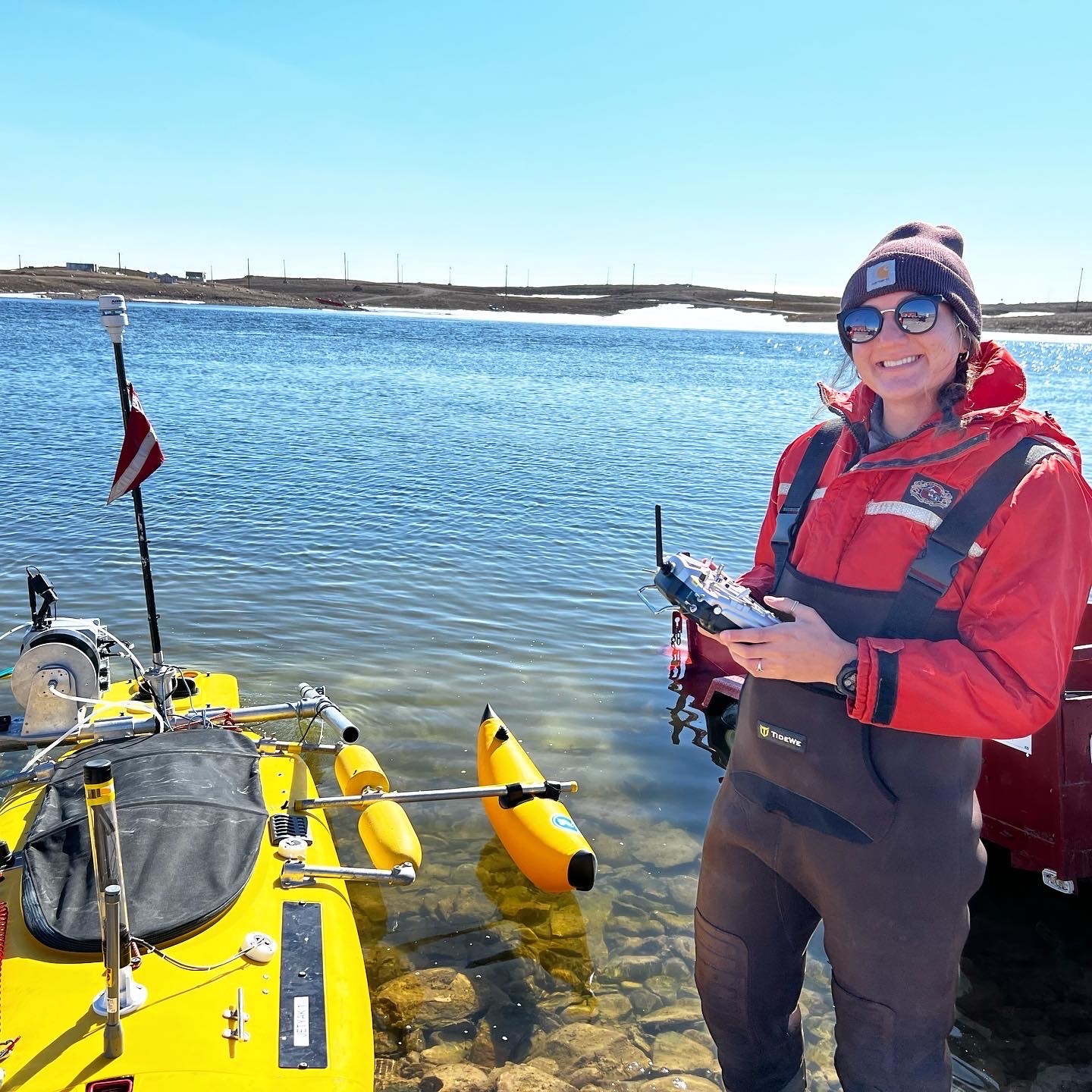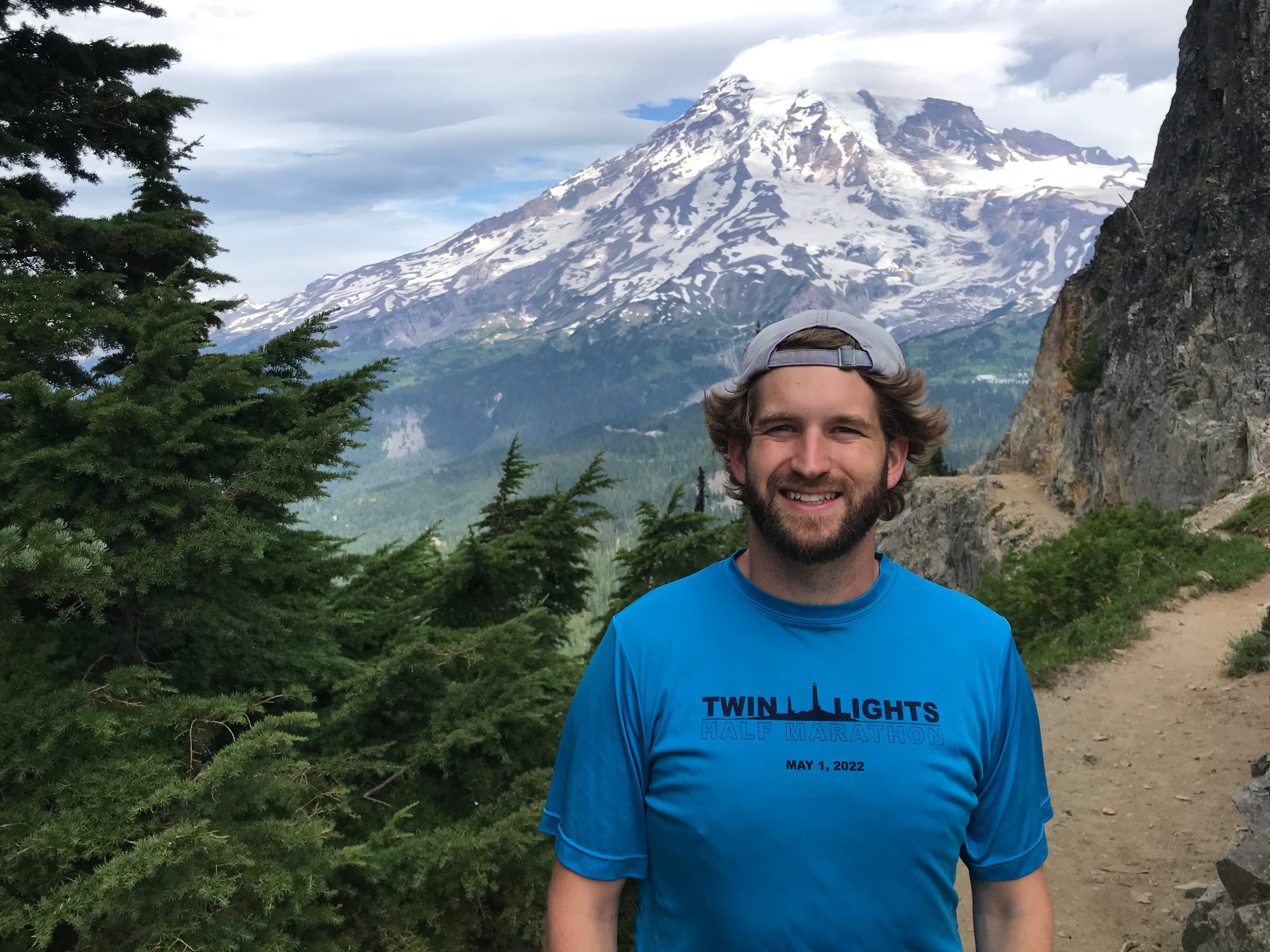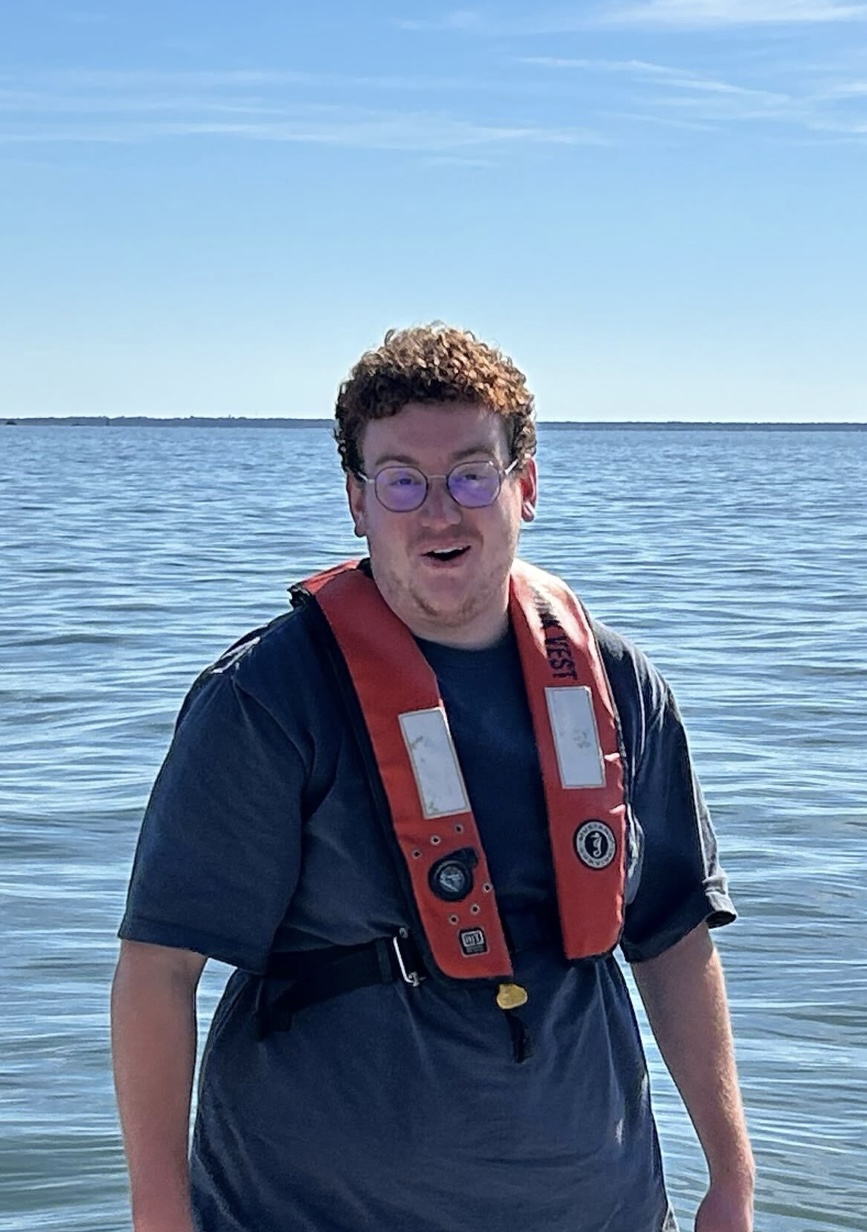People
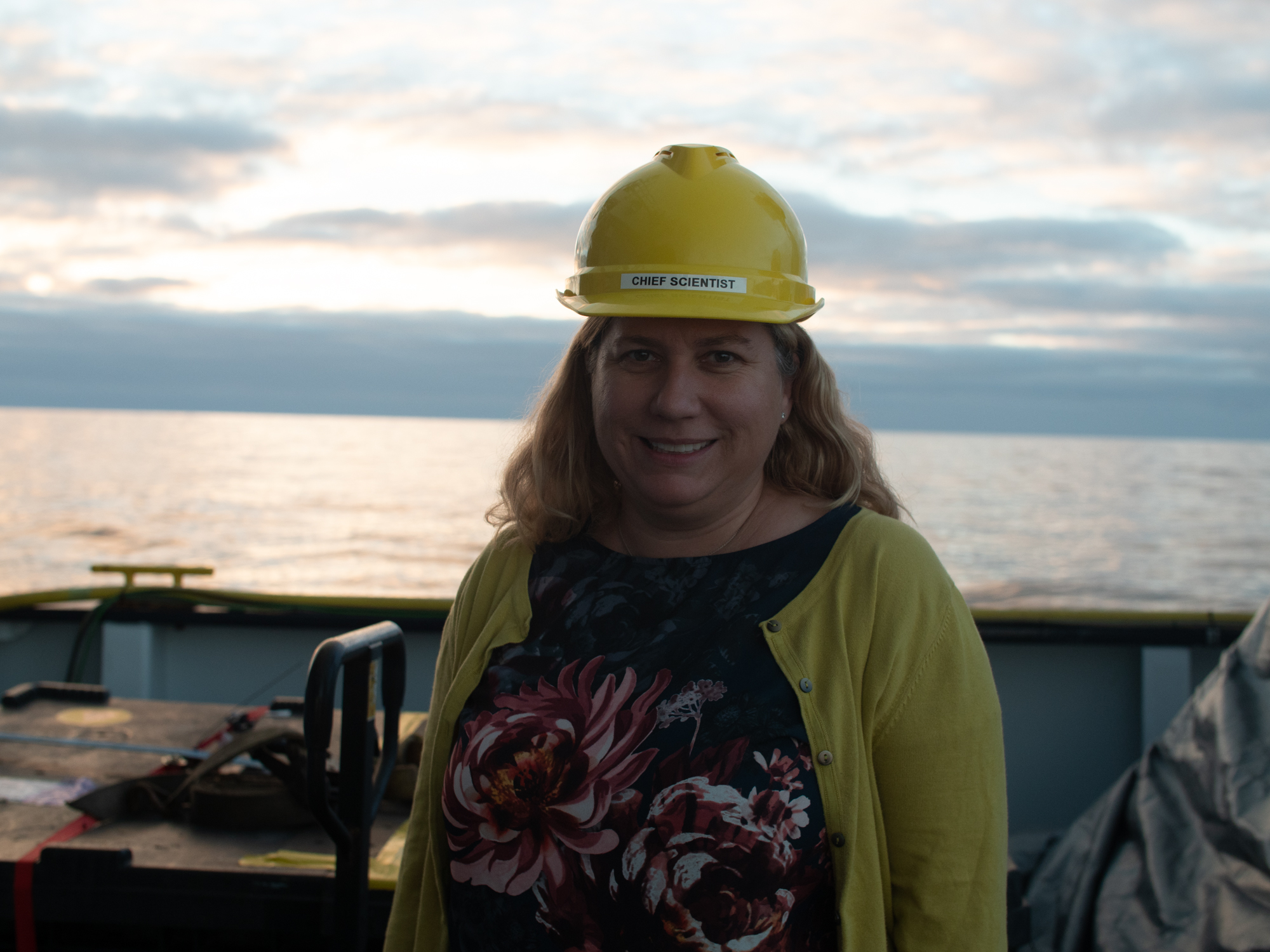
PI Anna PM Michel
Associate Scientist
pronouns: she/her
Anna Michel is an Associate Scientist in the Department of Applied Ocean Physics and Engineering. Her research focuses on the development of new in situ sensors and sensing platforms for advancing our understanding of ocean chemistry. Michel primarily utilizes laser spectroscopy for in situ analysis of gases, such as methane, in locations ranging from deep-sea hydrothermal vents to methane seeps. Committed to educating the next generation of ocean engineers, Michel teaches in the Massachusetts Institute of Technology – Woods Hole Oceanographic Institution Joint Program. Michel received BS degrees in Chemical Engineering and Biology and an MS in Ocean Engineering from the Massachusetts Institute of Technology. She has a PhD in Mechanical and Oceanographic Engineering from the Massachusetts Institute of Technology – Woods Hole Oceanographic Institution Joint Program. Michel completed a postdoctoral fellowship at Princeton University as the MIRTHE Center Research and Teaching Fellow. Michel was a recipient of an NSF CAREER Award, the Arons Award, and a National Academies Gulf Research Fellowship.
Contact: amichel@whoi.edu
Website(s): https://www2.whoi.edu/staff/amichel/
https://www.whoi.edu/profile/amichel/
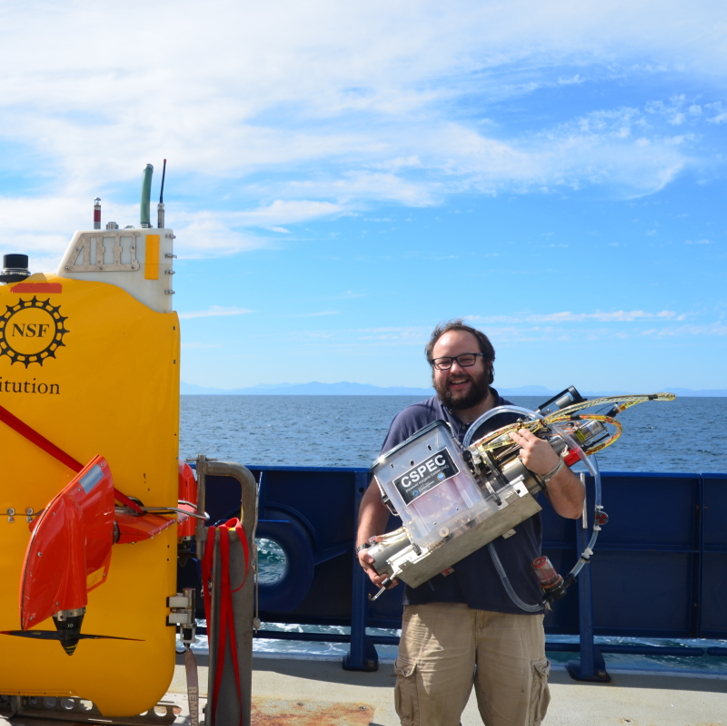
Beckett Colson
Research Engineer
pronouns: he/him
Beckett Colson is an engineer in the Applied Ocean Physics and Engineering Department at the Woods Hole Oceanographic Institution (WHOI). He develops oceanographic instrumentation to advance scientific exploration of our waterways and the deep-ocean. He is particularly interested in how sensors can be a part of solutions to the challenges the ocean faces from human activity. Currently, Colson is developing a sensor that detects microplastics directly in water, which will greatly improve our ability to track them in the environment. With the sensor, we will be able to map microplastics in waterways, tracking down hotspots and sources so we know where to start in stemming the flow. (Colson holds a U.S. patent on this technology). He completed his PhD in Ocean Engineering from the MIT-WHOI Joint Program in Fall 2022, also within the Chemical Sensors Lab. During his PhD, he developed multiple oceanographic instruments, including a deep-sea carbon system (pCO2 and DIC) instrument.
Contact: bcolson@whoi.edu
Sarah Youngs
Research Associate
pronouns: she/her
Sarah is originally from Dublin, OH and received her B.S. in Chemistry with a minor in Environmental Studies from Denison University in 2019. While at Denison, Sarah’s course work emphasized organic chemistry and her research centered on the synthesis of radical monomers and dimers with the ultimate goal for use in new battery storage materials. In her current position at WHOI, Sarah works on the research and development of deep-sea dissolved gas sensors and a novel in-situ microplastic sensor. She also works with and adapts small ROVs and ASVs to deploy sensors in the field in remote locations. Sarah loves fieldwork and going to sea, it’s her favorite part of this job. She is also involved with the WHOI Sustainability Task Force where she helps to lead sustainability hikes, beach clean-ups, and maintain the community garden. In addition to her passion for sustainability, Sarah also holds a strong passion for science education and outreach and previously served as an AmeriCorps Educator at the Teton Science School. When not in the lab or field, Sarah can be found hiking, backpacking, skiing or working in her garden.
Contact: syoungs@whoi.edu
Website(s): https://www2.whoi.edu/staff/syoungs/

Mary Burkitt-Gray
Research Associate
pronouns: she/her
Mary Burkitt-Gray is originally from London, UK. She received a MChem in Chemistry from the University of Oxford in 2013 and a PhD in Chemistry from King’s College London in 2019. Her PhD research was in the field of nanotechnology, developing correlative imaging techniques for biosynthesized fluorescent quantum dots. After her PhD, she worked as a scientist for Chelsea Technologies Ltd., developing oceanographic and environmental sensors. In particular, she worked with single turnover active fluorometers (STAF) for observing phytoplankton primary productivity, deploying these sensors on the AUV “Boaty McBoatface” and in mesocosm experiments in Crete. She also worked with the UK Centre of Ecology and Hydrology, developing sensing techniques to quantify SARS-CoV-2 in wastewater. Since summer 2022, she’s been working at the CSL on refractometry-based sensors for the measurement of absolute salinity in seawater. Her personal interests include mental health support for students, having been head warden at KCL during her PhD. When not at work, she’s usually on a bike, in the ocean, or in a climbing harness.
Contact: mary.burkitt-gray@whoi.edu
Scott Wieman
pronouns: he/him
WHOI-MIT Joint Program Student
Scott is originally from New York and received his B.A. in Chemistry from Williams College in 2014, his M.A. in Earth and Planetary Science from Harvard University in 2017, and his M.S.L. in Environmental Law from the University of Maryland’s Francis King Carey School of Law in 2020. Scott additionally worked at NASA’s Goddard Space Flight Center for several years as a member of the Curiosity Rover science team, the manager of the stable isotope facilities in the Planetary Environments Laboratory group, and a faculty member at the University of Maryland, Baltimore County. A long-time isotope geochemist, Scott’s research interests focus on both developing new instrumentation for making carbonate clumped isotope measurements and applying these measurements to new and unique modern and paleosamples. When not in lab, Scott can usually be found running, hiking, skiing, kayaking, windsurfing, or pursuing any other activity that gets him outside. In the Joint Program he is coadvised by Weifu Guo in the Geology and Geophysics Department.
Contact: scott.wieman@whoi.edu
Caitlyn Sutherland
WHOI-MIT Joint Program Student
Caitlyn is originally from Missouri and got her B.S. in electrical engineering from Johns Hopkins University. She is now pursuing her PhD in electrical engineering through the MIT/WHOI Joint Program. While previously having worked in signal processing and medical imaging, Caitlyn is looking forward to the opportunity to experiment with sensor and device development. Outside of academics, Caitlyn is an artist who primarily creates miniature paintings on recycled materials.
Contact: caitlyn.sutherland@whoi.edu
Engineering Collaborators
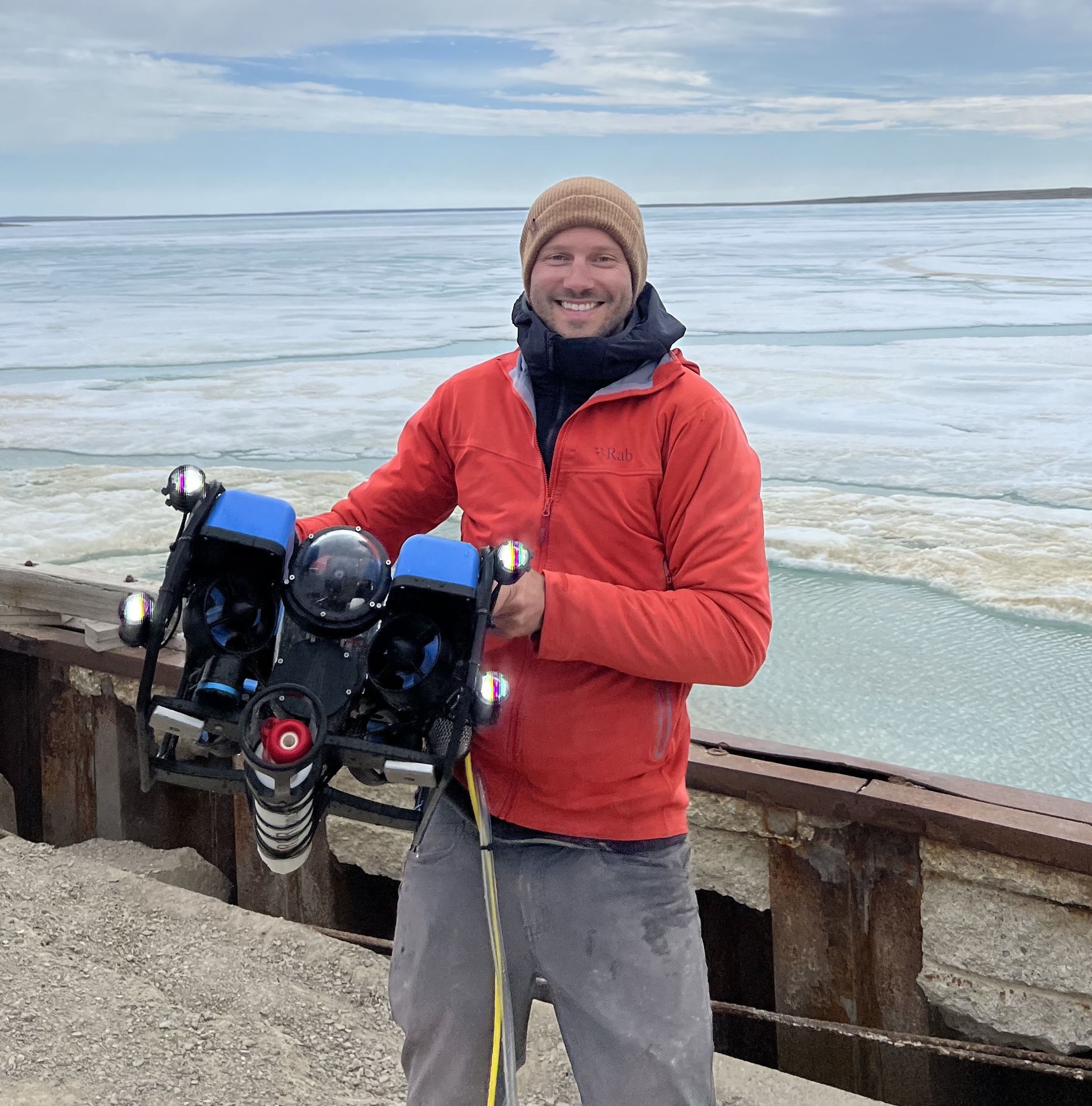
Kevin Manganini
Research Engineer
Kevin is a Research Engineer in WHOI’s Advanced Engineering Lab within the Applied Ocean Physics and Engineering Department, and a co-founder of Integrated Coastal Solutions. With a background in electromechanical systems and robotics engineering, his primary research focuses on the development of autonomous underwater and surface sensor systems and vehicles. He is a co-developer of several autonomous vehicles including the Jetyak, and enjoys using them to gather physical, chemical, biological, and geophysical oceanographic data in challenging conditions around the world.
Contact: kmanganini@whoi.edu
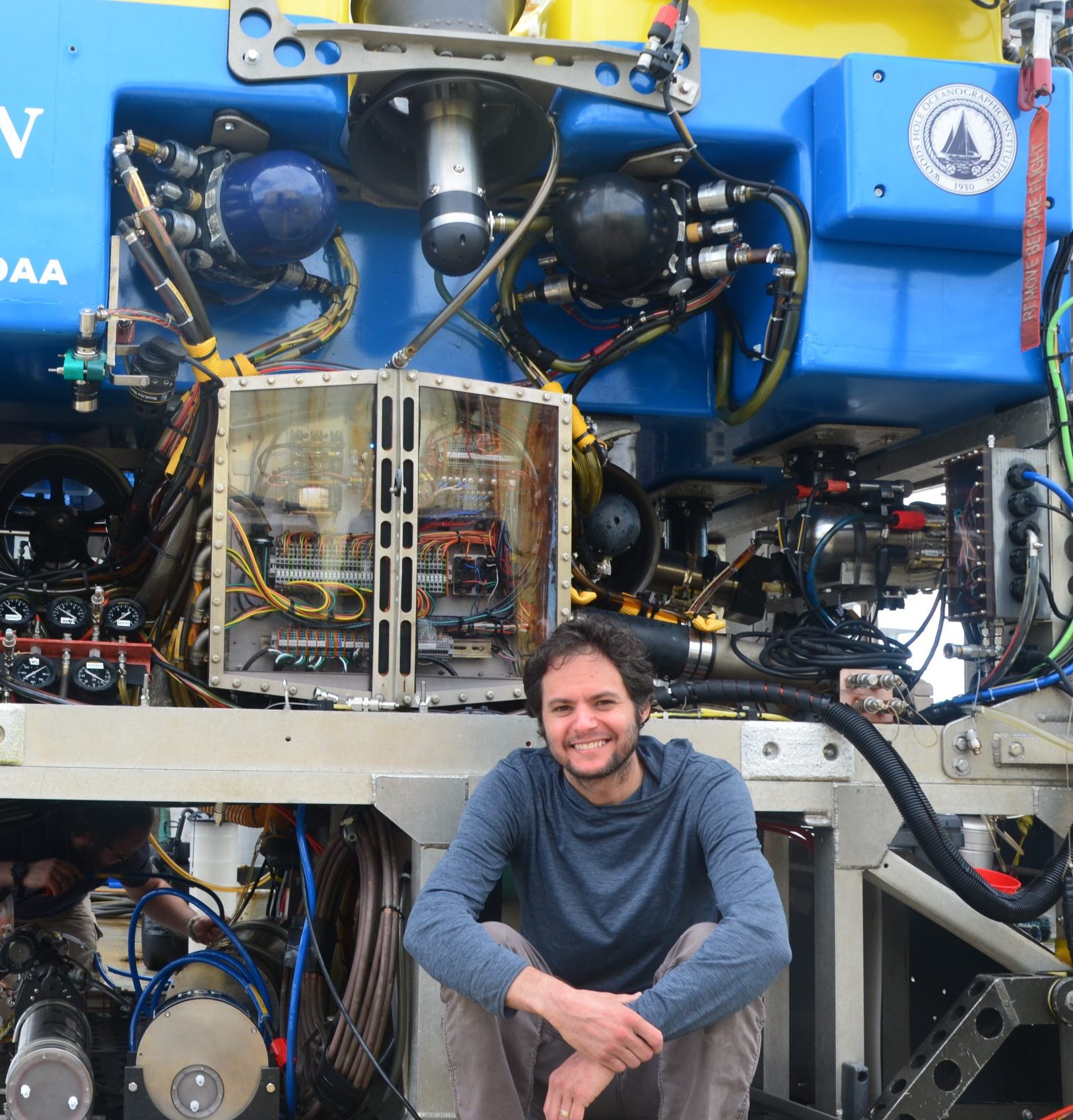
Jason Kapit
Senior Engineer
Jason is an engineer specializing in end-to-end development of instruments and sensors for exploring extreme environments. His background includes design, assembly, validation, and operation of technologies that have been deployed in the deep ocean and on the surface of Mars. He has >15 years of experience in engineering, optics, and chemistry laboratories, and his expertise includes absorption spectroscopy, optical interferometry, fiber optics, electrodes, fluid handling, and mechanical structures and actuators. He also supervises mechanical, electrical, and software engineers at WHOI.
Contact: jkapit@whoi.edu

Spencer Marquardt
Engineer II
Spencer grew up in northern Wisconsin where he frequently visited Lake Superior to sail, hike, and explore the outdoors. He earned his B.S. in Chemical Engineering from Rensselaer Polytechnic Institute in 2018, with concentrations in geochemistry and sustainability studies. In 2022, Spencer received his M.S. in Ocean Engineering from the University of New Hampshire. During his time there he was involved with coastal sediment transport research. His thesis focused on predicting the transport fate of unexploded ordinances, employing a custom developed instrumented surrogate munition designed to resolve surface pressure gradients that cause mobilization. He was also the recipient of a 2020 SARE Graduate Student Research Grant to study the wave dampening effects of oyster farming gear to quantify the effect of shoreline stabilization. Outside of the lab, where he codes microcontrollers and designs ocean instruments, Spencer is an avid swimmer, whether it be in a pool, or the open water on a lake, or the ocean.
Contact: spencer.marquardt@whoi.edu
Isaac Chandler
Engineer II
Isaac is an engineer at WHOI specializing in integrated system design. He earned a B.Eng. in Mechanical Engineering and an M.S. in Robotics from the University of Delaware in 2025, where he developed bio-inspired swimming robots and in-situ space instrumentation. He joined WHOI’s Aqueous Engineering Group later that year. His interest centers on mechanics-driven experimentation in complex environments.
Contact: isaac.chandler@whoi.edu
Students & Teachers
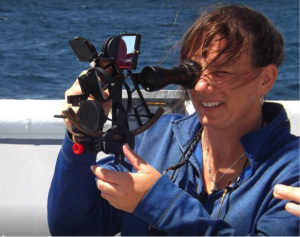
Stacey Strong
NSF RET Teacher Fellow
Stacey grew up in Weymouth MA, and began an engineering degree in college. She changed majors and earned her BA in Public Policy from Stanford University and an M. Ed. in Math Education from Harvard Graduate School. Although she left engineering, she has never lost her passion for the field, strongly promoting the benefits of an engineering degree to her students. She’s taught in Boston, NYC, Puerto Rico, Sturgis Charter School, and now in Falmouth. Currently, Stacey is a math instructional coach for elementary teachers in the Falmouth Public Schools, and a member of the FPS/Woods Hole Partnership committee. For the past three years, Stacey has been a Research Experience for Teachers Fellow in the CSL lab where she develops new, in-depth curriculums in marine science for use in the classroom.
Contact: sstrong@whoi.edu
Previous Lab Members & Students
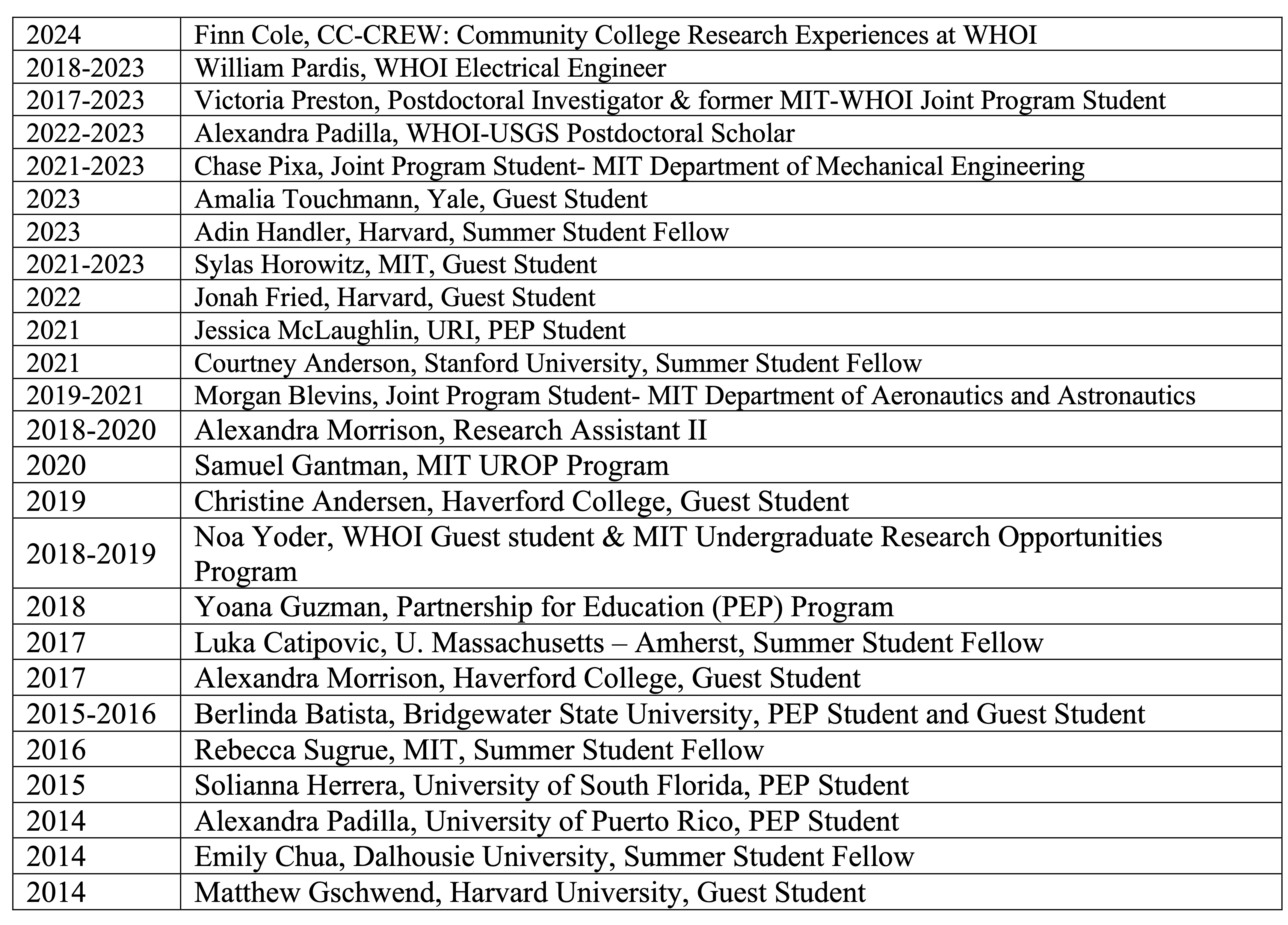
High School Students

Guest Investigators
Research Experience for Teachers/Teacher Fellows

